Individuals & Events
Of course, individuals and events permeate history. However, the Key Stage 1 units of study particularly require the study of significant individuals and events. What makes an individual significant? What might be considered a significant event? The emphasis is upon a comparison of individuals and events that can be used to make links across time, themes and geographical space. In this section you will find resources and articles to help you to plan innovative units of work based around individuals and events that can either be used to reveal a local, national and international picture, or that can be used to illustrate themes over time or geographical space.
Sort by:
Date (Newest first) | Title A-Z
Show:
All |
Articles |
Podcasts |
Multipage Articles
-

Making the most of a visit to the Museum of London Docklands
ArticleClick to view -

My favourite place: Lyme Regis, Dorset
ArticleClick to view -

Northamptonshire in a Global Context
ArticleClick to view -

One of my favourite history places: Conwy
ArticleClick to view -

One of my favourite history places: Eyam
ArticleClick to view -

One of my favourite history places: Neuschwanstein Castle
ArticleClick to view -

One of my favourite history places: Studland Village
ArticleClick to view -
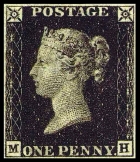
Overground, underground and across the sea
ArticleClick to view -
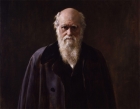
Podcast Series: Charles Darwin
Multipage ArticleClick to view -

Pride in place: What does historical geographical and social understanding look like?
ArticleClick to view -

Pull-out Posters: Primary History 81
ArticleClick to view -

Pull-out posters: Primary History 88 – Diversity
ArticleClick to view -

Pull-out posters: Primary History 90
ArticleClick to view -
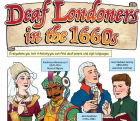
Pull-out posters: Primary History 95
ArticleClick to view -
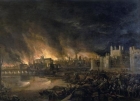
Recorded webinar: The Great Fire of London
ArticleClick to view -

Sarah Forbes Bonetta: Scheme of Work
ArticleClick to view -
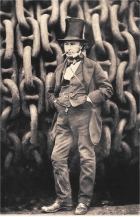
Scheme of Work: Brunel
ArticleClick to view -
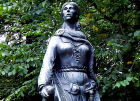
Scheme of Work: Grace O'Malley
ArticleClick to view -
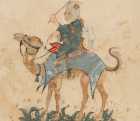
Scheme of Work: Significant Individuals at Key Stage 1: Ibn Battuta
ArticleClick to view -

Scheme of Work: Walter Tull
ArticleClick to view

